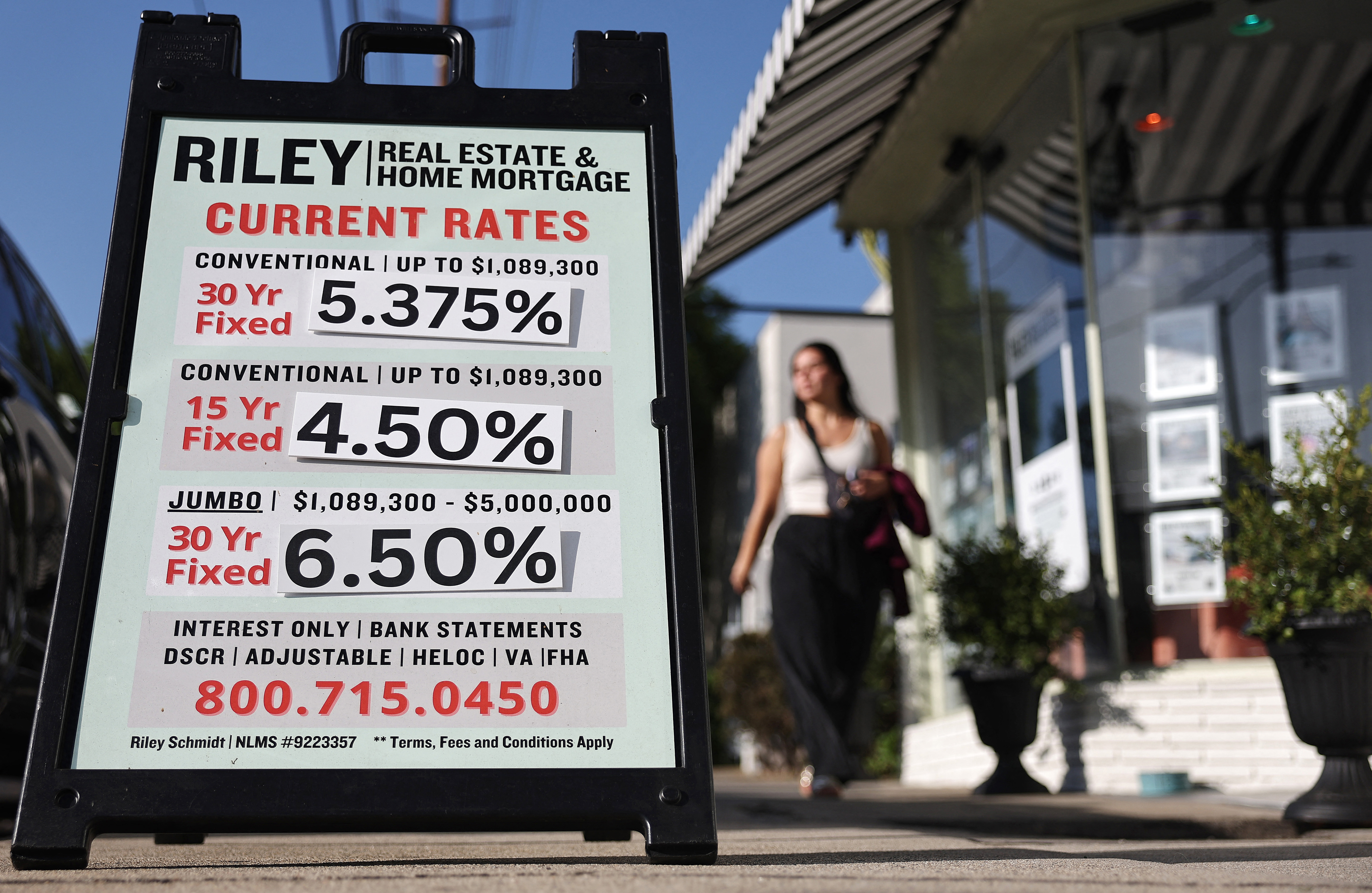Fed rate cut is ‘very positive sign’ for economy: Yellen

WASHINGTON: The US central bank’s decision to slash interest rates this week is a “very positive sign” for where the world’s biggest economy stands, US Treasury Secretary Janet Yellen said Thursday. Yellen’s remarks came a day after the Federal Reserve opted for an aggressive rate cut of half a percentage point, its first since 2020 as inflation cooled.
“It reflects confidence on the part of the Fed that inflation has come way down and is on the path back to the two percent target, and that the risks with respect to inflation have really meaningfully diminished,” Yellen told an event in Washington. “At the same time, we have a job market that remains strong,” she said. Yellen added that bringing down inflation successfully in the context of a robust jobs market — known as a soft landing — is “exactly what we’re seeing in the economy.”
Her comments came after Republican presidential nominee Donald Trump charged Wednesday that the Fed’s decision was either a response to a “very bad” economy, or it had been “playing politics.” Lower interest rates bring down the cost of borrowing and could be seen as beneficial to the White House administration ahead of November’s presidential election—with Vice President Kamala Harris the Democratic nominee. But Fed Chair Jerome Powell stressed after announcing the rate reduction: “We’re not serving any politician, any political figure, any cause, any issue.” On Thursday, Yellen also defended tariffs that President Joe Biden’s administration recently hiked on Chinese goods, ranging from electric vehicles to batteries.
“These are areas where China has enormous excess capacity. We’ve made a conscious decision that in the area of clean energy, we want to develop this as an industry in the United States,” she said. “That’s not to say we want to do everything entirely ourselves,” Yellen said. “But we really want to reduce our dependence on China.”
The US Federal Reserve cut its key lending rate by half a percentage-point Wednesday in its first reduction for more than four years, sharply lowering borrowing costs shortly before November’s presidential election. The Fed’s decision will affect the rates at which commercial banks lend to consumers and businesses, bringing down the cost of borrowing on everything from mortgages to credit cards.
The move marks the beginning of the end of the Fed’s high interest rate environment aimed at throttling demand, with inflation now easing towards the central bank’s long-term two-percent target and the labor market continuing to cool amid a surprisingly resilient post-Covid economy.
Against this backdrop, Wednesday’s large Fed rate cut is probably good news for Democratic presidential candidate and US Vice President Kamala Harris, who is running against Republican former president Donald Trump in the upcoming election.
“While this announcement is welcome news for Americans who have borne the brunt of high prices, my focus is on the work ahead to keep bringing prices down,” Harris said in a statement.
At an event in New York on Wednesday, Trump told reporters that the independent US central bank’s decision was either a response to a “very bad” economy, or it had been “playing politics.”
“But it was a big cut,” he added. Major US stock indices finished lower following the Fed’s decision.
Policymakers voted 11-to-1 in favor of lowering the central bank’s benchmark rate to between 4.75 percent and 5.00 percent, the Fed announced in a statement. They also penciled in an additional half-point of cuts before the end of this year, and an added percentage-point of cuts in 2025.
Meanwhile, the Bank of England on Thursday kept its key interest rate at 5.0 percent, deciding against consecutive cuts one day after a bumper reduction from the US Federal Reserve. Following a regular meeting BoE governor Andrew Bailey said the central bank needed “to be careful not to cut too fast or by too much”, as UK inflation stays above its target. Policymakers voted 8-1 for no change, having narrowly backed a cut in August. One member wanted the rate reduced to 4.75 percent this time around.
South Africa’s central bank cut its benchmark interest rate for the first time since 2020 on Thursday, joining other nations in reducing borrowing costs as inflation eases. Central banks worldwide hiked rates after inflation soared in the wake of the Covid pandemic and Russia’s invasion of Ukraine, but many have started to cut them.
Brazil’s central bank on Wednesday announced its first interest rate hike in two years, raising the benchmark lending rate to 10.75 percent even as the US Federal Reserve decided to lower borrowing costs. The central bank of Latin America’s biggest economy raised the rate by a quarter of a percentage point over inflation concerns, marking a setback for President Luiz Inacio Lula da Silva, who had pushed hard for lower rates. — AFP
















